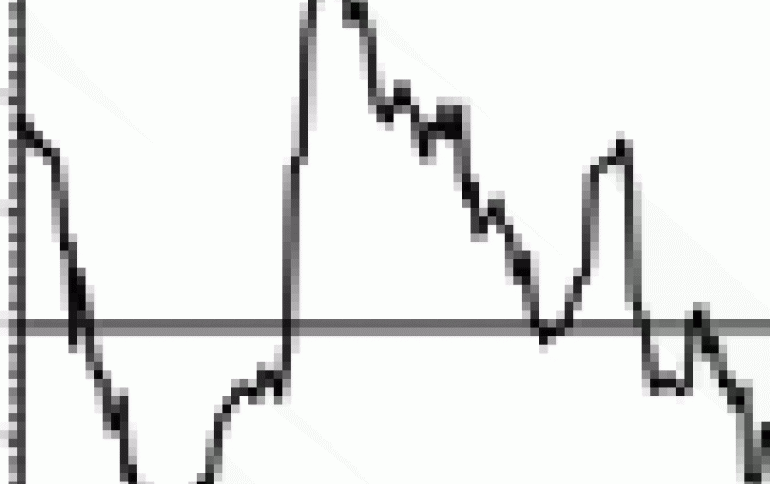
The Global Recessions Will Slow IT Purchases Growth To A Crawl
Global purchases of IT goods and services - or from the other perspective IT vendors' revenues - will equal $1.66 trillion in 2009, declining by 3% after an 8% rise in 2008, according to Forrester Research.
In its latest report released on Tuesday, the technology research firm said that recessions in the United States and other countries would be the main driver for slower spending and that currency fluctuations will be a secondary factor. Forrester said that a declining US dollar boosted 2008 growth rates, but a stronger dollar will hurt growth measured in dollars in 2009.
Growth in a weighted average of local currencies will be 3%, according to the research. IT purchases are expected to recover in 2010, growing by 9% in US dollars and 6% in local currencies.
Recessions in the US and many industrial countries will be the main cause of a 2009 slump, with currency fluctuations a secondary factor.
Forrester vice President Andrew Bartels also expects a boost for some companies from the weaker euro in early 2009, including vendors such as Alcatel-Lucent , Ericsson , SAP and Nokia Siemens, a venture of Nokia and Siemens . But this "is likely to be short-lived once the dollar returns to a lower value against the euro" Forrester said. While the market will be challenging for all technology spending in 2009, Forrester sees some sectors holding up better than others. "Software purchases will do a bit better than other categories, but all vendors will face a tough time until late 2009 or early 2010," according to the report by Forrester vice President Andrew Bartels. He said 2009 software purchases will be unchanged from 2008 at $388 billion, while the computer market will fall 4 percent to $434 billion for products including personal computers, servers, peripherals and storage gear. The communications equipment market, including routers, switches and teleconferencing gear, will fall 3 percent to $353 billion in 2009, according to Forrester.
Forrester said that Western and Central Europe and Canada and Latin America will have the weakest growth, at 1.3% and 1.2%, respectively, in local currencies. The US tech market will do a bit better, with 1.6% growth. Asia Pacific and the oil-exporting area of Eastern Europe, the Middle East, and Africa will do the best, but growth there will still be weak, at 3.1% and 5.4%, respectively.
Growth in a weighted average of local currencies will be 3%, according to the research. IT purchases are expected to recover in 2010, growing by 9% in US dollars and 6% in local currencies.
Recessions in the US and many industrial countries will be the main cause of a 2009 slump, with currency fluctuations a secondary factor.
Forrester vice President Andrew Bartels also expects a boost for some companies from the weaker euro in early 2009, including vendors such as Alcatel-Lucent , Ericsson , SAP and Nokia Siemens, a venture of Nokia and Siemens . But this "is likely to be short-lived once the dollar returns to a lower value against the euro" Forrester said. While the market will be challenging for all technology spending in 2009, Forrester sees some sectors holding up better than others. "Software purchases will do a bit better than other categories, but all vendors will face a tough time until late 2009 or early 2010," according to the report by Forrester vice President Andrew Bartels. He said 2009 software purchases will be unchanged from 2008 at $388 billion, while the computer market will fall 4 percent to $434 billion for products including personal computers, servers, peripherals and storage gear. The communications equipment market, including routers, switches and teleconferencing gear, will fall 3 percent to $353 billion in 2009, according to Forrester.
Forrester said that Western and Central Europe and Canada and Latin America will have the weakest growth, at 1.3% and 1.2%, respectively, in local currencies. The US tech market will do a bit better, with 1.6% growth. Asia Pacific and the oil-exporting area of Eastern Europe, the Middle East, and Africa will do the best, but growth there will still be weak, at 3.1% and 5.4%, respectively.













